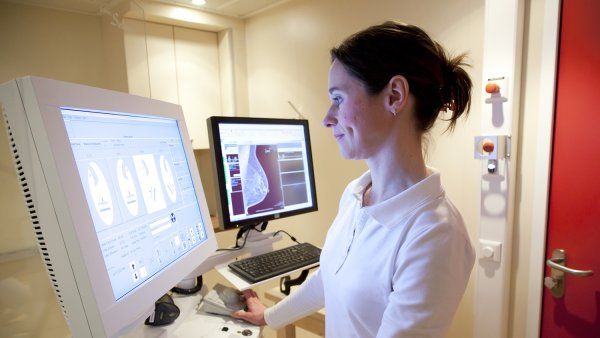University of California San Francisco
Give to UCSF-
-
International Conference Features UCSF Breast Cancer Experts
Breast cancer experts from UCSF Health will present new research and clinical findings at the annual San Antonio Breast Cancer Symposium, the world’s largest and most prestigious breast cancer

-
Some IUDs Linked to Higher Rates of Breast Cancer, but Overall Risk Remains Low
-
Precision Breast Cancer Trial Shows Improved Treatment by Tumor Subtype
Breast cancer is the second leading cause of cancer deaths in the U.S. and worldwide, pointing to the continuing need to improve treatment strategies and therapies that better patient survival and

-
Powerful New Mini Microscope Will Enable Precision Cancer Surgery
Mekhail Anwar leads a multi-institution $15 million grant from ARPA-H to develop imaging technology to improve cancer surgery.
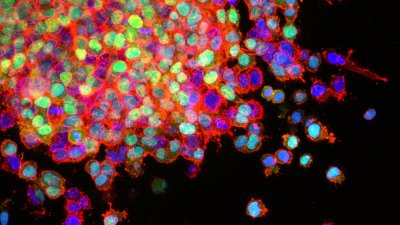
-
UCSF Health Cancer Experts Featured at Premier Cancer Meeting
Oncology specialists from around the world came together for the 2024 American Society of Clinical Oncology (ASCO) Annual Meeting to discuss the latest developments in cancer care, research,

-
The Biggest Energy Users in Cancer Treatment Aren’t What You Think
Energy expended for hospital and clinic electricity, climate control and ventilation is by far the biggest source of greenhouse gas emissions in radiotherapy, a treatment used in more than half of cancer cases.

-
Targeted Therapy, Treatment Disparity Featured at Cancer Meeting
Leading cancer researchers from UC San Francisco presented talks about advances in targeted therapy, cancer genomics, eliminating treatment disparities and other cancer research topics at this year’s

-
Dangerous Beauty
Cell biologist and engineer Matthew Kutys, PhD, and his team harness organoids – living tissues derived from patient tumors – to study how cancer spreads.
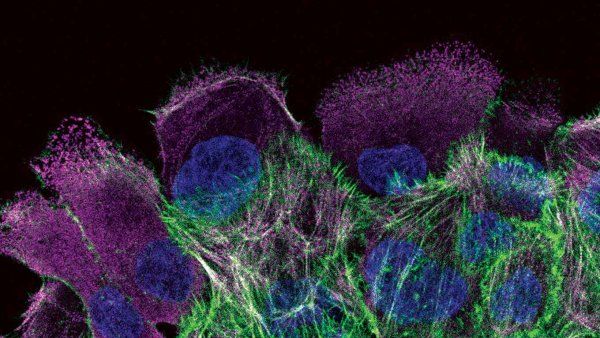
-
All the Carcinogens We Cannot See
-
How to Decrease Advanced Breast Cancer Among Women of Color
UCSF researchers found that regular screening is not always sufficient to prevent an advanced breast cancer diagnosis.

-
The Path to Early Intervention: Build a Better Breast Cancer Predictor
Breast cancer was the second most commonly diagnosed cancer in women, after skin cancer – accounting for 31% of all new female cancer diagnoses in 2022. Yet, determining who is most at risk of breast

-
Breast Cancer Treatments Offer More Options Than Surgery
-
Breast Cancer Riddle: Best Ways to Screen and Treat
Laura Esserman discusses breast cancer risk factors, progress in the field and the importance of tailoring treatment for women with low-risk cancer while also identifying women at high risk of invasive cancer.

-
Breast Cancer Screening Guidelines Should Evolve With Science
-
The Growing Case for Doing Less: How Harmless Cancers Are Being Overdiagnosed in America
-
Study Finds Significant Chemical Exposures in Women With Cancer
Researchers have found that people who developed breast, ovary, skin and uterine cancers have significantly higher levels of endocrine-disrupting chemicals in their bodies.

-
Does Sugar Actually Feed Cancer?
-
The Cancer Breakthrough Boom
Engineered immune cells. Supercharged scans. Drug implants. Gene manipulators. Blood biopsies. Read how these breakthroughs are transforming cancer care.
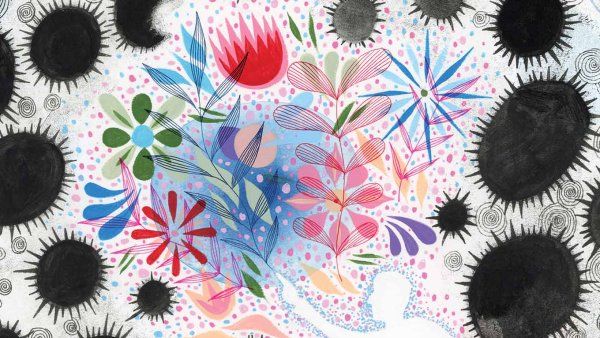
-
Breast Density and BMI Both Play a Role in Breast Cancer Risk
Laws in many states require notifying women if they have dense breasts, a risk factor for breast cancer. But density shouldn’t be the only factor in determining whether supplemental screening is
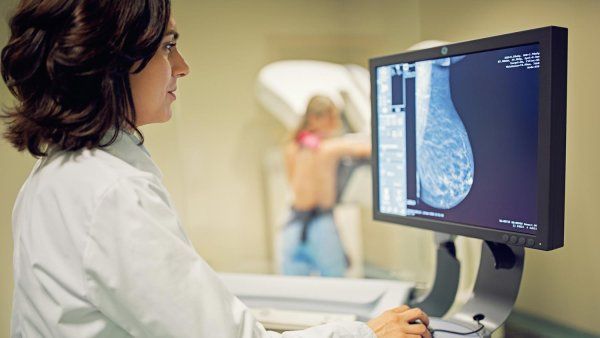
-
UCSF Health Cancer Experts Featured at Premier Cancer Meeting
Oncology specialists from around the globe will gather for the American Society of Clinical Oncology (ASCO) Annual Meeting to discuss the latest cancer therapies, technologies, research and education.

-
Drug Resistance, Targeted Cell Therapies Among Cancer Conference Talks
Leading cancer researchers from UCSF will present at this year’s annual meeting of the American Association for Cancer Research (AACR) conference, held April 14-19, 2023, in Orlando.

-
New App Calculates Women’s Risk for Advanced Breast Cancer
A new digital tool helps to calculate breast cancer risk for those who may develop advanced cancer that goes undiagnosed despite regular screenings.

-
Paid Sick Leave Means More People Get Screened for Cancer
Sick leave coverage expansion were associated with higher rates of mammography screening and colorectal screening, potentially leading to better health outcomes.
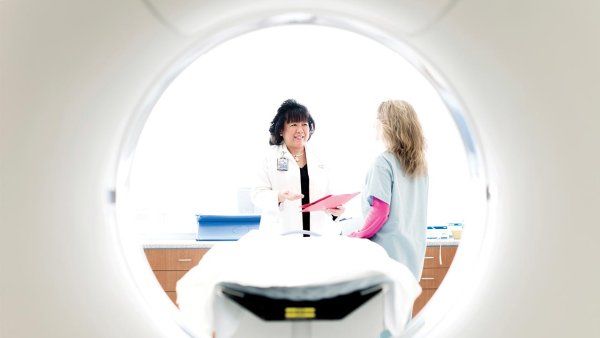
-
“Smarter” Breast Cancer Screening Measures Risk Down to Your DNA
The WISDOM 2.0 study aims to transform breast cancer screening by using a personalized approach and will expand to women as young as 30.

-
International Conference Features UCSF Breast Cancer Experts
UCSF breast cancer experts will present new research and clinical findings at the annual San Antonio Breast Cancer Symposium, the largest and most prestigious breast cancer conference.

-
Hearing Loss and Tinnitus Are Common In Cancer Survivors
A new UCSF study reports for the first time that significant hearing issues often occur among adult survivors of the most common forms of cancer.
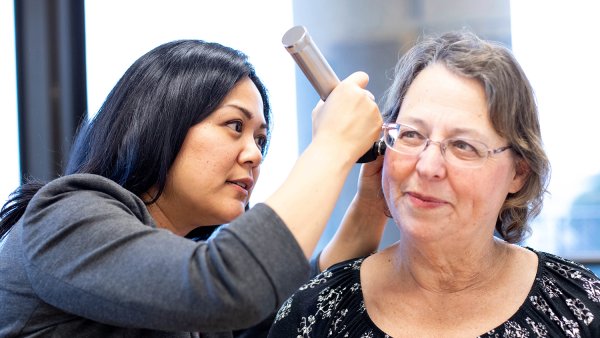
-
Do Cancer Centers Push Too Many Tests?
-
This Clinical Trial Wanted to End Breast Cancer Disparities. But First It Needed To Enroll Black Women
-
3-D Mammography Technique Benefits Some Women, Not All
For many women, breast cancer screening with a three-dimensional imaging technique called digital breast tomosynthesis (DBT) may not offer advantages over digital mammography, but for some it may reduce the chance of an advanced cancer diagnosis, according to a new JAMA study.
